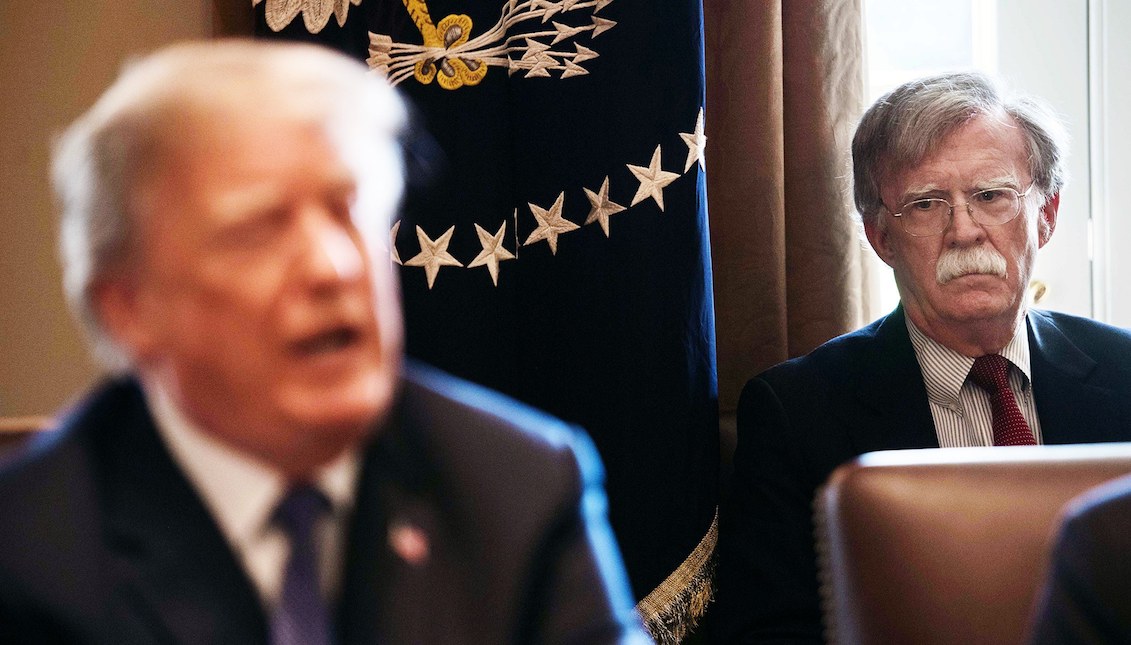
Trump and Syria: In or Out?
National Security Adviser John Bolton said on Sunday that the United States was not ready to withdraw from Syria, contradicting President Trump's statements…
The issue of Trump wanting to withdraw from Syria has nothing to do with ISIS or the violence inflicted by Bashar Al-Assad's regime against its own people.
It’s simply another impulsive move by the U.S. president, who insists on seeking victories where there are none, in an attempt to disguise the disaster that is to come.
During the past month, Trump said that "ISIS has been defeated," and that he had ordered troops withdrawn from Syria.
This is no surprise,given that Trump has pledged incessantly since his presidential campaign that he would withdraw the soldiers from the conflict, arguing that we should "leave other people to take care of that."
It was the chemical attacks undertaken by the Bashar Al-Assad government in April 2017 that forced Trump to "take action on the matter" and authorize the launch of 59 Tomahawk missiles against an air base near the city of Homs.
However, this occurred when Trump was still surrounded by people who kept a moral compass in the White House, helping keep the ship on course.
While the U.S.' initial participation in the coalition against the Islamic State was a consequence of the Civil War in Syria, its strategic support exerted a fundamental pressure to help the Syrian people against the Al-Assad regime – financed and supported by Vladimir Putin himself.
The use of chemical weapons by the regime again forced Trump to participate in a coordinated bombing with the U.K. and France in April 2018 to weaken Al-Assad's ability to "develop, deploy, and use chemical weapons in the future."
"Mission accomplished!" the president wrote on Twitter.
RELATED CONTENT
Since then, nobody has been clear about the role to be played by the U.S. in the war in Syria, or on the international political stage at all for that matter.
Now, the president's national security adviser assures that troops cannot be withdrawn from the country because some "objectives must be achieved,” according to the Washington Post.
Trump contradicted Bolton only hours later, assuring that nothing had changed in his decision.
The U.S. is the force that sustains the Kurdish militias north of Syria battling against what remains of the Islamic State, ensuring strategic control of the area - its withdrawal could lead to Russia finally taking complete power there.
One way or another, the U.S. presence in the conflict has been, once again, an aggravating circumstance, especially for Syrian citizens who have been forced to move around the world fleeing the chemical warfare executed by Assad and Putin, and the violence of the Islamic State.
Trump’s instability only adds fuel to the fire, instead of guaranteeing a future for millions of victims.











LEAVE A COMMENT:
Join the discussion! Leave a comment.